How Neurodiversity Can Be a Competitive Advantage
Udn Webber
Copywriter
The other day, my lovably neurotic yet totally neurotypical partner said something that I’d never really thought about:
“The way your brain works is something I’m still trying to fully understand,” he said, “but on the surface, you ‘pass’ as neurotypical.”
I can see what he means. Over the years I’ve gotten very good at crafting a social, put-together, professional persona who can assimilate to the society and work culture I live in. I’m still my authentic self—and god knows the weirdness always finds a way to sneak out—but I am able to keep a lot of my more intrusive, obvious neurodiverse traits concealed when I have to in my career.
If a scary thought or sensation blooms into a panic episode, I will excuse myself to hide in a bathroom stall until I’m no longer a clammy pile of dissociating flesh. If I’m feeling hyperactive and fidgety, I’ll do this fabric folding tic I have with my hand under my desk until I can relax, and so on.
They’ll never know I’m not one of them.
But what about the neurodiverse professionals who aren’t—or don’t even want to be—masters of disguise?
Let’s dive into the many ways neurodiversity can be a huge competitive advantage, but first, let’s be real about what’s been holding us back.
Check your biases at the door.
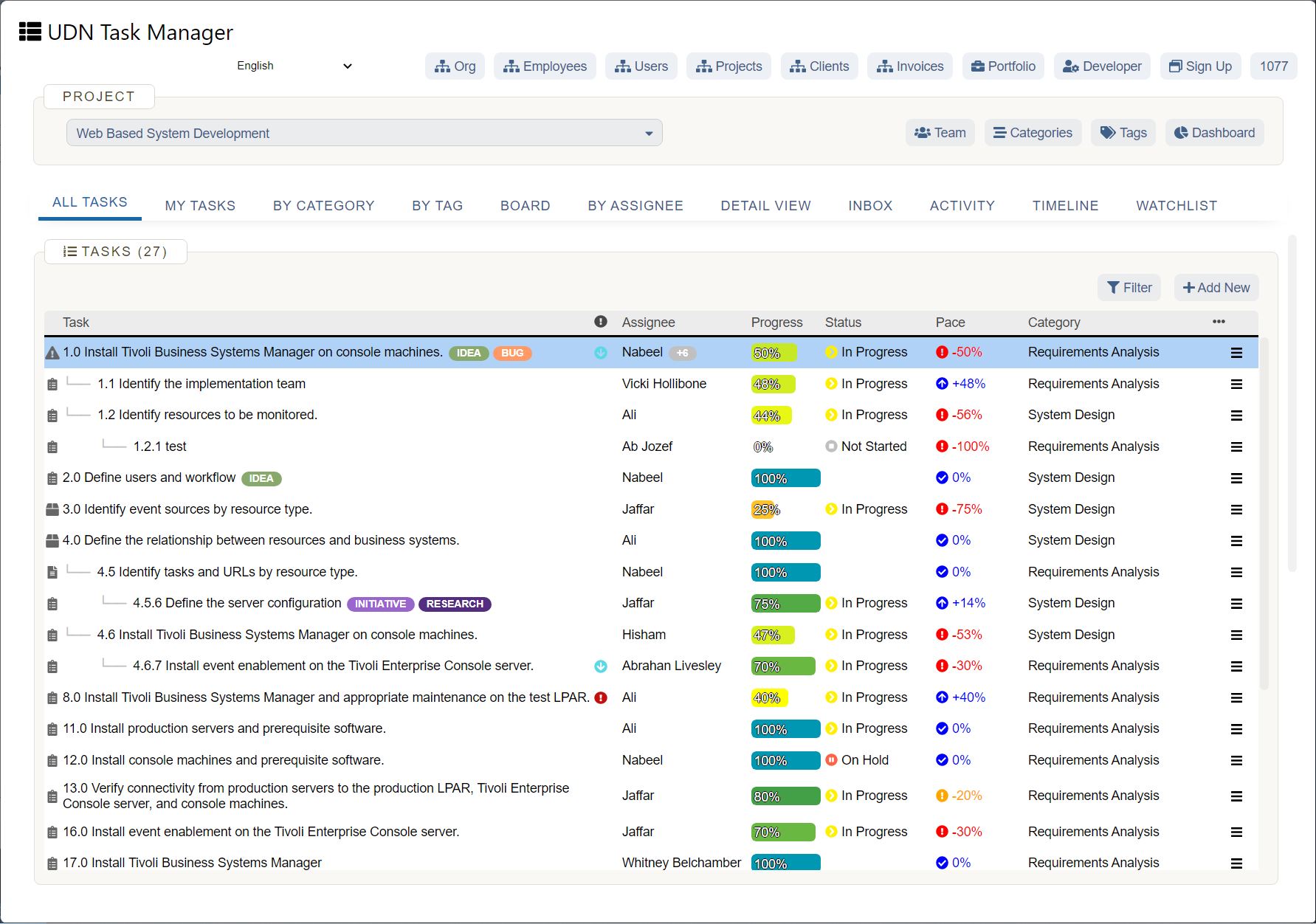
Sorry, hiring managers and regular managers: this is where I’m calling you out.
Neurodiverse people who are willing and able to work salaried jobs are widely left unemployed (not earning job offers) or underemployed (working in positions far below their education, experience, and abilities.)
And yet, neurodiverse companies have been proven to outthink and outperform heterogeneous spaces.
Make it make sense.
Because of outdated, counter-intuitive ideas of how a professional must communicate or socialize, certain brilliant, talented, and passionate candidates are screened out before they even had a chance to demonstrate their value. Hell, many of us are too spooked to disclose that we fall under the “ Reasonable Accommodation ” box in our job application.
If a person is not great at maintaining eye contact, they might be written off as unprofessional. If a person has unique speech patterns, they might be written off as incapable of communicating. If a person does small, repetitive behaviors, they might be written off as weird.
What’s actually weird is that very few people who might have these characteristics are even vying for a role that is client-facing, public-facing, or even particularly social. What they are vying for is a chance to improve your bottom line with their talents.
Rethink what it means to think different
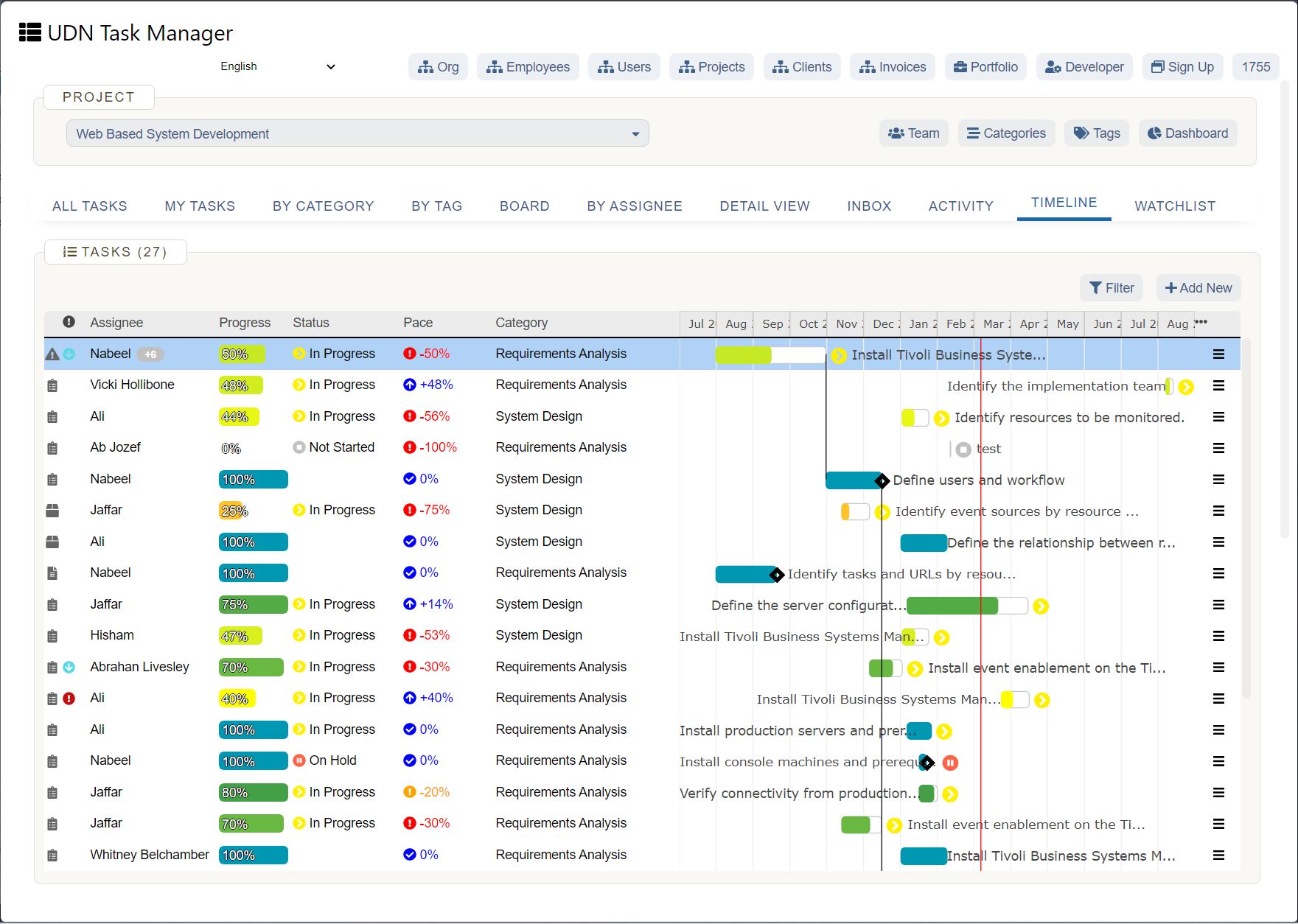
“Think Different” was Apple’s iconic slogan from 1997 through 2002. Before revealing this new campaign, Steve Jobs gave a now-legendary speech that had a simple thesis: “In order to succeed, you have to think differently.”
This leads us to the first major competitive advantage you have as a neurodiverse person…
1. You think outside the box by default
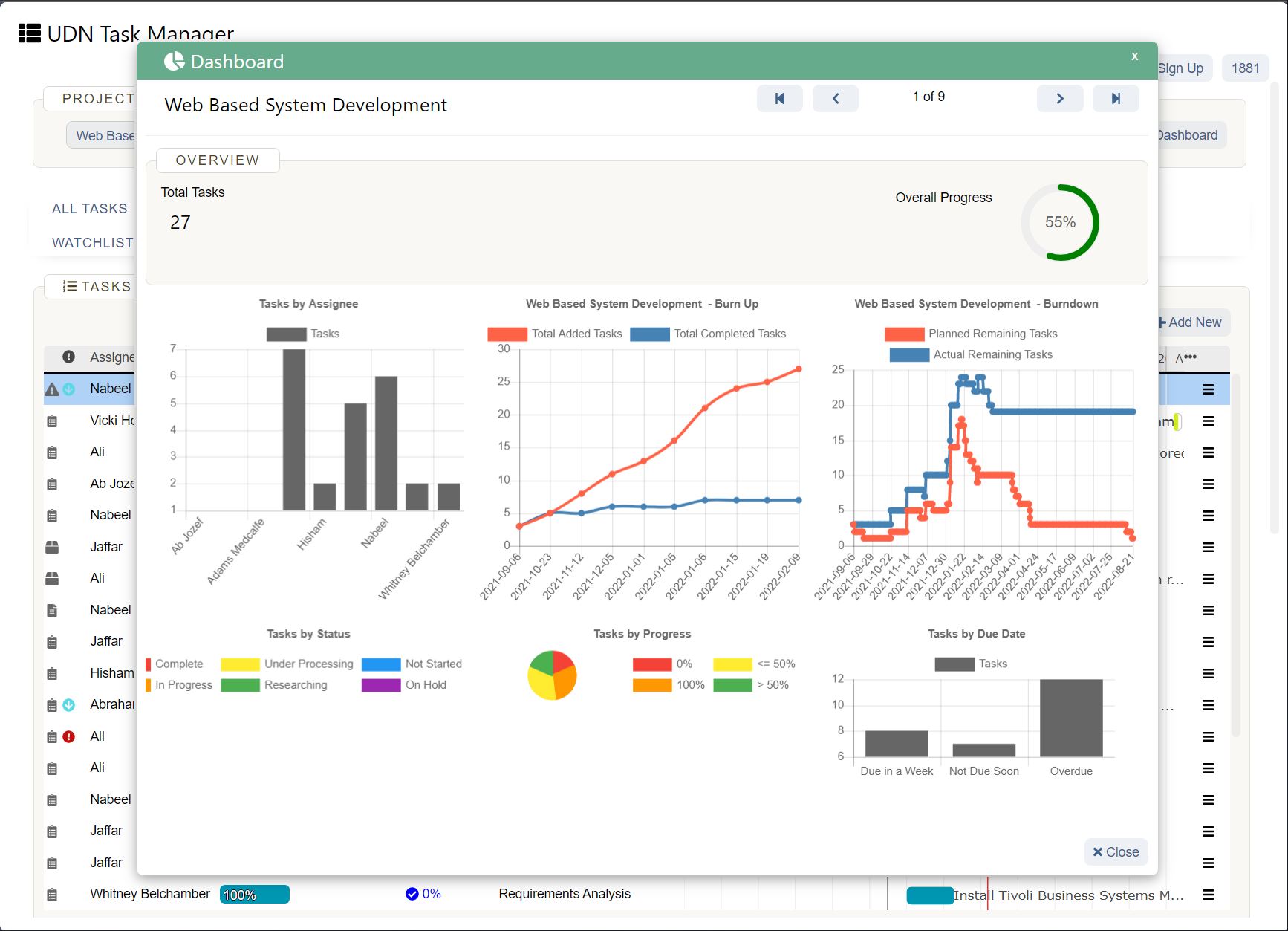
When it comes to neurodiverse individuals, thinking differently is our greatest superpower, and lucky for us, thinking differently is the cornerstone of innovation.
In recent years, the ability to compete on the basis of innovation has become more crucial for companies, and this demands that companies include more people and ideas from “the edges,” as software giant SAP puts it in a press release announcing their game-changing neurodiversity hiring program .
I like to say that no matter what type of brain you have, it’s your responsibility to nurture your natural strengths and manage your natural challenges. But experiencing the world in a very different way than the average person experiences is more likely to feel like a burden if the correct tools aren’t provided.
The good news is that a flexible, accommodating workplace is the key to helping professionals enlist their unique strengths to the fullest and help minimize interference of their equally unique challenges.
2. When you’re passionate, you’re obsessed
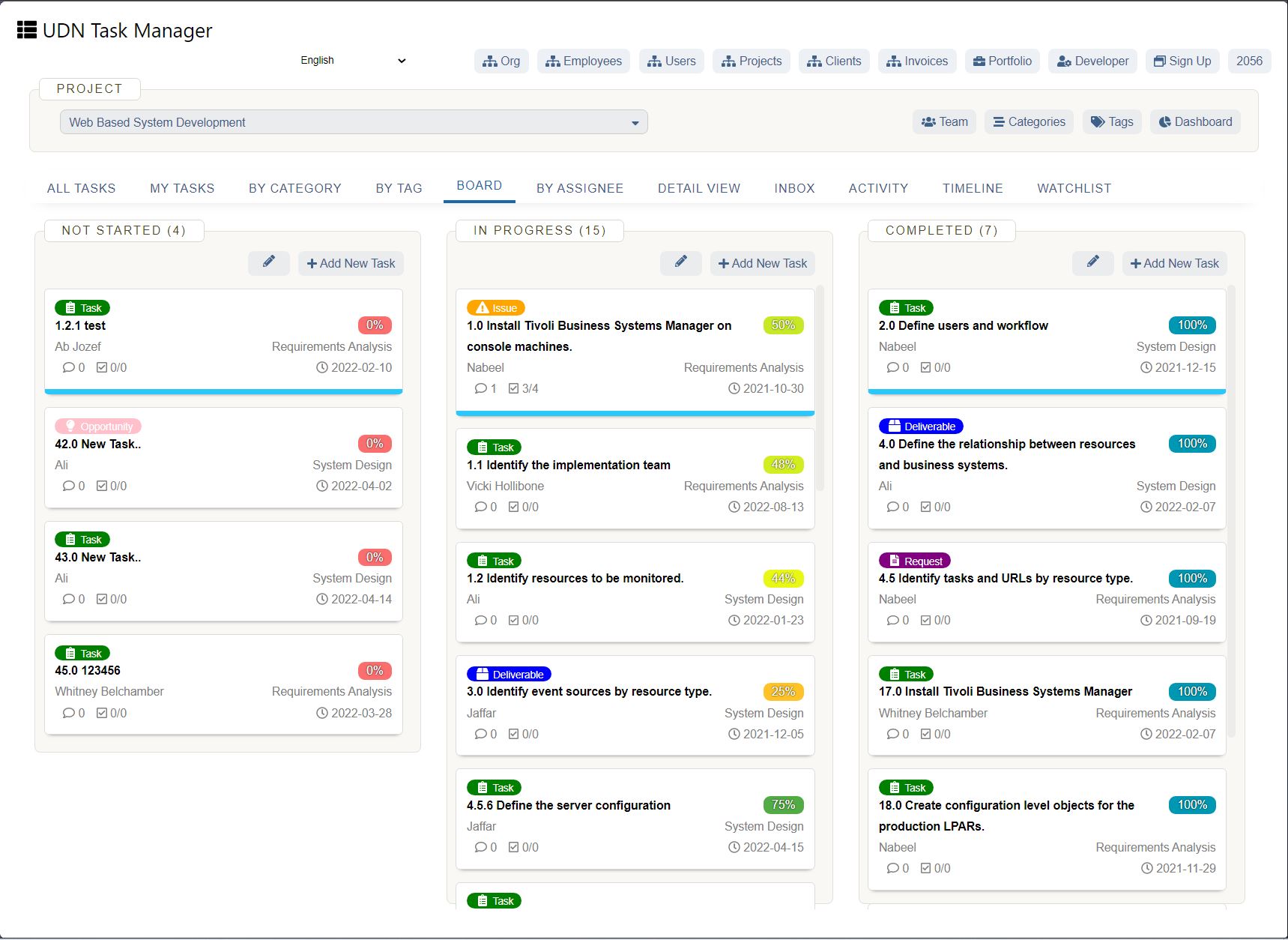
“Without obsession, life is nothing.” —John Waters
As a middle schooler with childhood OCD , “obsession” ruled my life for better and for worse. I was intensely interested in specific things like fad toys from the ’80s, Japanese platform shoes, and the early work of Tim Burton; all things that made me the person I enjoy being today. But on the flip side, my other obsession with feeling physically comfortable meant I only wore tight turtleneck shirts, buttonless pants, and could only sleep with my head firmly pressed against a headboard in perfect silence.
But hey, life is about give and take. And more importantly, it’s about not peaking in middle school.
“Obsession” might sound like an ominous thing to some people, but for many neurodiverse people, it makes life worth living in the moment for. The torment that accompanies obsession will pass, but the mark of inspiration is forever.
Having passionate and specific interests is common with people on the autism spectrum, but they’re often called “fixations” in this context. This type of negative-skewed language causes people to see a certain way of experiencing joy and fascination as a symptom of a problem rather than a trait of a type of thinker.
When given the opportunity to structure their obsessions in a way that works for their career , you have an employee who will give 100% to their tasks not because you asked them to, but because it’s just what they do.
Related Content 👉 Tips and Tools to Reduce Workplace Anxiety heart 💜
For individuals on the autism spectrum, communicating in a direct way is the natural default.
It can be a struggle to understand other people’s more subtle emotions or tone for certain neurodiverse folks, but that just means that others needn’t beat around the bush with them—and since time is money, cutting down on the small talk is another way to increase profits, right?
A misconception about autistic people is that they have trouble communicating, period. The fact is that certain people with ASD can struggle with types of social communication . Not having the same innate skills of pragmatics and prosody as the average person can result in individuals preferring not to gab for the sake of gabbing—especially with casual acquaintances or colleagues.
This is why so many adults on the spectrum enjoy socializing online and working remotely via software: when the fear of appearing too aloof or stoic is removed, one’s true personality, humor, and confidence can more easily shine through.
Oh, and another bonus of being neurodiverse: you’re often fabulous at taking criticism because, again, it isn’t often interpreted as an emotional personal attack, it is seen as a fact-based piece of feedback to be applied like any other feedback.
Without even realizing it, neurodiverse people tend to embrace problems and think of them as fun challenges to figure out with some creativity. If this sounds like you, don’t forget to mention this in your next job interview !
Processing information visually is the preferred way to learn for folks with autism and dyslexia, and visual thinking is a creative problem-solving component that is known to speed up the process towards finding a solution .
My problem-solving skills are pure crap when it comes to numbers and complex patterns thanks to dyscalculia , but my love of creating tangible works of art helped me realize early on that my real skill is creative problem-solving, and it may be bred from my neurodiverse traits.
In the same way that I can see a drawer knob and toothpaste cap and turn it into a functional crystal lamp for my dollhouse, I’m constantly seeing solutions and possibilities in the form of words, concepts, and stories as a writer. Never forget to think about all the non-traditional ways you exercise creative thinking both on and off the clock!
Research on collective intelligence by Carnegie Mellon University has shown that neurodiverse teams perform better —but why? Is a specific type of neurodiverse quality present within each team that’s responsible for this?
Research shows that some conditions, including autism and dyslexia, can bestow special skills in memory, mathematics, or pattern recognition: all highly marketable talents. It’s not that there is one “type” of neurodivergent mind that makes for a more desirable candidate than others: it’s about providing reasonable accommodations to all employees in order to set them up for success in a sustainable, long-term way.
As a neurodiverse person, you can often immediately see certain processes or restrictions that impede the success of people who thrive with more flexibility. This is an extremely helpful tool for helping organizations evolve and become more desirable workplaces for candidates of all kinds.
If the statistics prove anything, it’s that educated, qualified, neurodiverse professionals are the ones companies should be courting , not merely considering the inclusion of.
Here’s to being human.
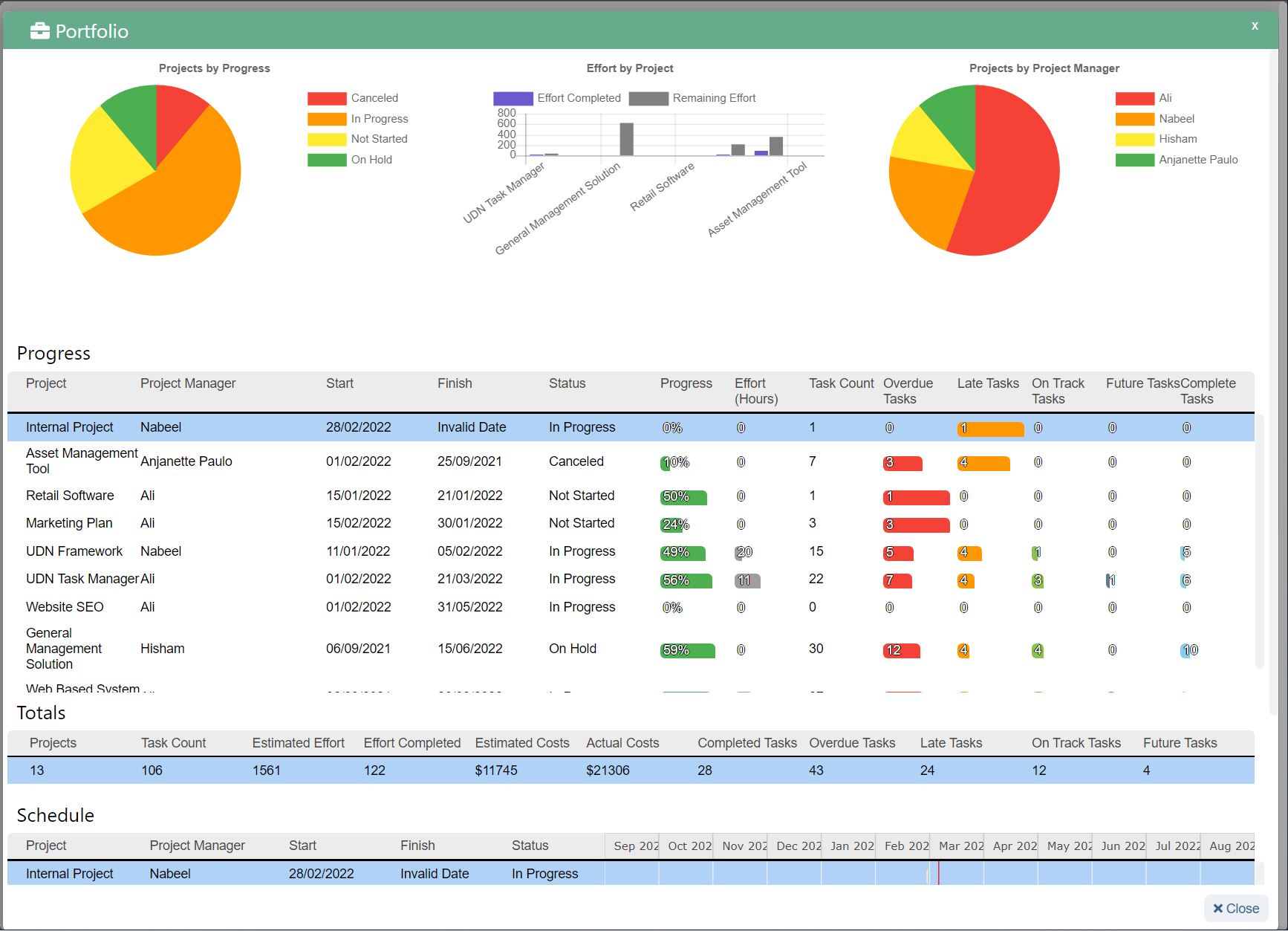
Every human is different in this world, and that’s something that brings us together. After all, diversity isn’t just the spice of life, it’s the key to better business !
It’s extremely reassuring that the workforce is getting many successful models of enterprise businesses that have successfully embraced neurodiversity in their hiring practices—and are seeing spectacular results from it.
UDN Task Manager is one of many companies that supports neurodivergence as a competitive advantage, but unlike the others, UDN Task Manager is non-opinionated software that’s built to actually help neurodiverse people find the workflow that works for them.
Read more about how my colleagues and I use UDN Task Manager to help manage ADHD , and check out the open positions we’re currently hiring for—all neurotypes welcome! 🎉











